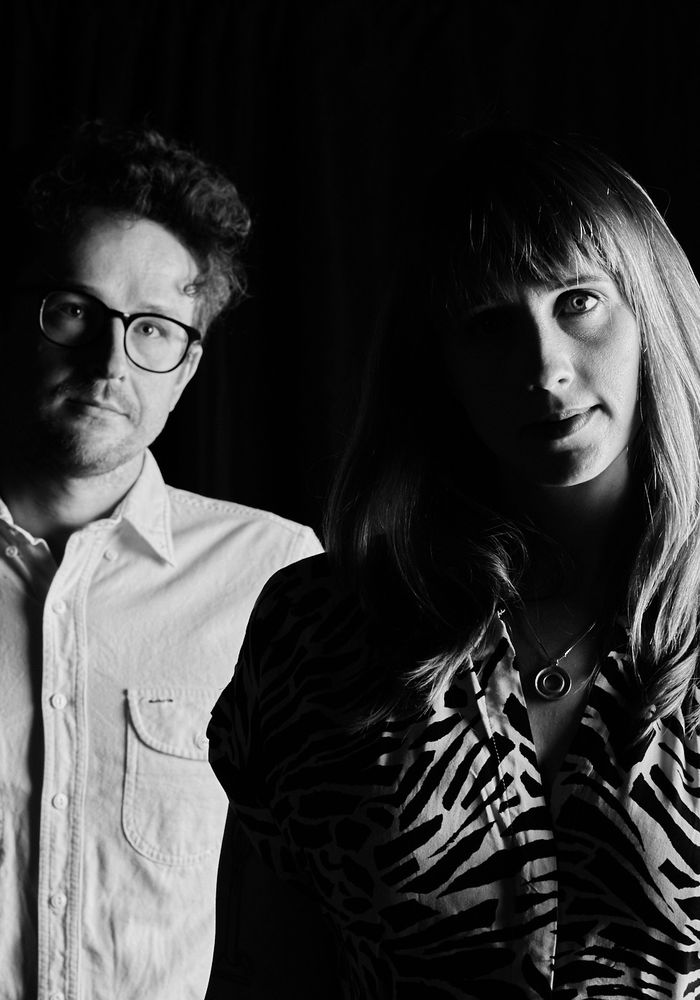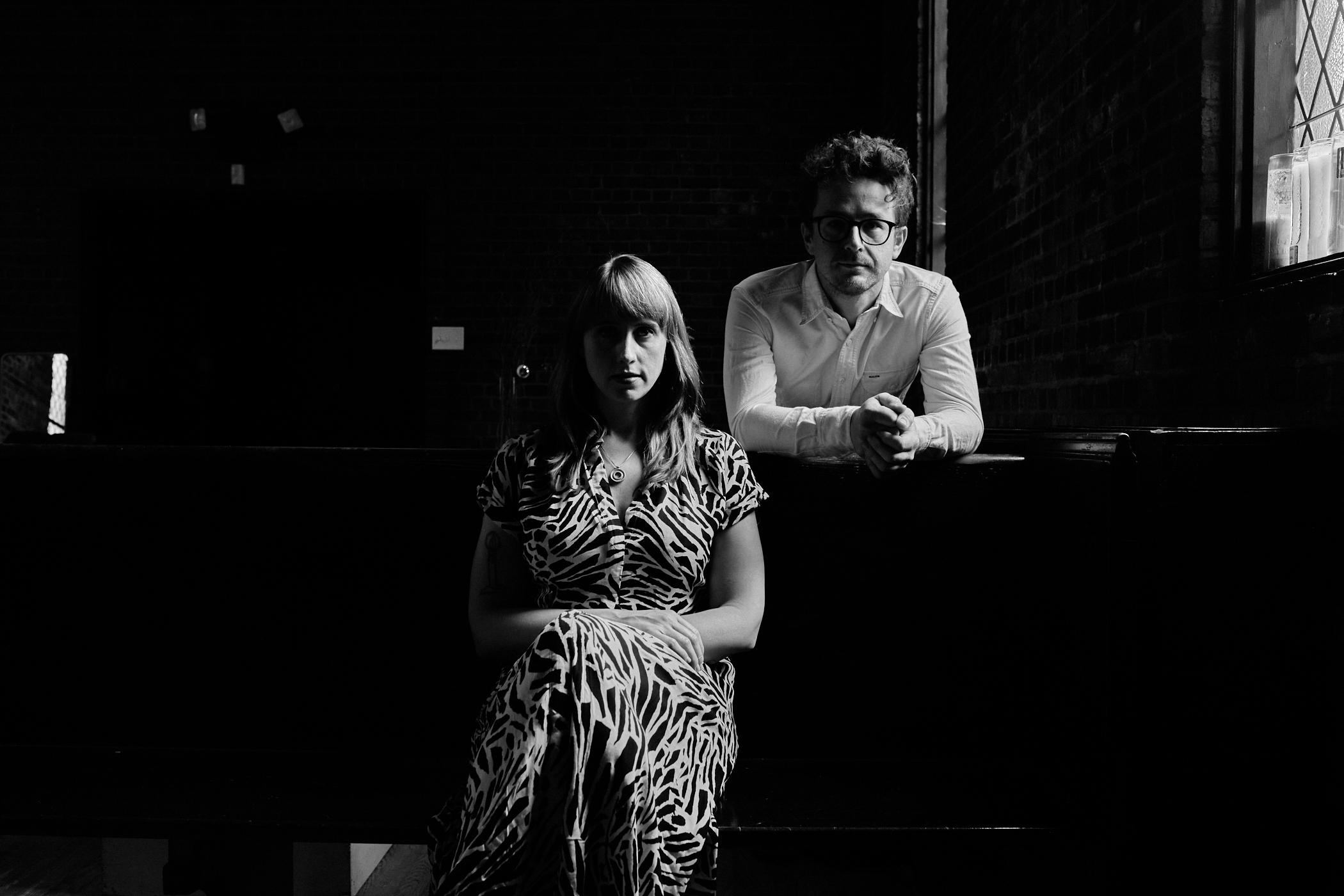It may be the most celebrated album of their career to date, but for Wye Oak multi-instrumentalist, vocalist and creative engine, Jenn Wasner, the period that spawned Civilian was among the most difficult she has ever endured, both personally and professionally. Here, she tells Headliner about overcoming the turmoil that plagued its release, the impact it would have on the rest of her career and how she feels reflecting on its 10-year milestone…
“I have a reputation for being a bit of a workaholic – I love what I do, and I absolutely require the experience of processing my life and experiences through music,” Jenn Wasner tells Headliner from her North Caroline home as we join her for a Zoom chat about the 10th anniversary of Wye Oak’s breakthrough third album Civilian. The pandemic has forced the multi-talented artist to take a rare break from a schedule that has marked her out as one of the busiest musicians in the business.
Though best known as one half of Wye Oak alongside fellow multi-instrumentalist Andy Stack, she is also a solo artist in her own right, working under the moniker Flock Of Dimes, is a touring guitarist with Bon Iver and frequently lends her considerable skills to a raft of other extracurricular projects. Even during lockdowns, she has continued to put out new music in the form of a series of typically eclectic Wye Oak singles and EPs, as well as a sublime full-length Flock Of Dimes album in the form of Head Of Roses, released in April of this year. That reputation she speaks of has certainly been well-earned.
“The fact I’ve had all this extra time is a big game changer because I’m so accustomed to having to squeeze those creative moments in between whatever tour I’m on,” she tells us from her living room, her manner as bright as the sunlight and birdsong pouring in through the windows. “It just makes the entire process faster; it accelerated the Flock Of Dimes record especially because I had nothing else going on in my life. It definitely is an advantage in some ways to have that time, but I do naturally gravitate towards being pretty busy.”
The image we see of Wasner today, so full of vigour and enthusiasm for her art and the creative process, is at distinct odds with the description she offers of herself 10 years ago. Wye Oak had just released their third album, Civilian, to widespread acclaim. The melancholic, minimalist rock that had established them as a cult, ‘ones-to-watch’ duo on the alt-indie scene had been distilled into something more fragile and opaque in tone, but with the emotional impact of a sledgehammer. There’s an ache and a sadness that trickles so delicately through its 10 tracks that it’s almost easy to miss. It’s not until the disarmingly muted Doubt brings proceedings to a close that you realise the full, breath-taking weight of what has just hit you. Perhaps similarly, all but those closest to Wasner, may have failed to spot the struggles she was enduring at the time, particularly in light of the success the record was enjoying.
“It’s been fascinating looking back at the record for this anniversary,” she explains. “I was a pretty wildly unhappy person at that time in my life for a lot of reasons. In many ways a lot of people look at that record and that moment as the high watermark of our career, and it is also the least enjoyment I had… it was just a terrible, dark, difficult moment in my life both for reasons related and unrelated to the record itself.
“I was not present, I was not enjoying being in a band playing 220 shows in a year,” she continues. “None of the accolades we received for that record meant anything to me at the time. It did not register through the extreme cloud of self-loathing and exhaustion and malaise and general hopelessness around the entire process. As a result, I felt this need to divorce myself from the record, as if I could divorce my sadness from the experience. It was hard not to associate the music with my life at that time.”




